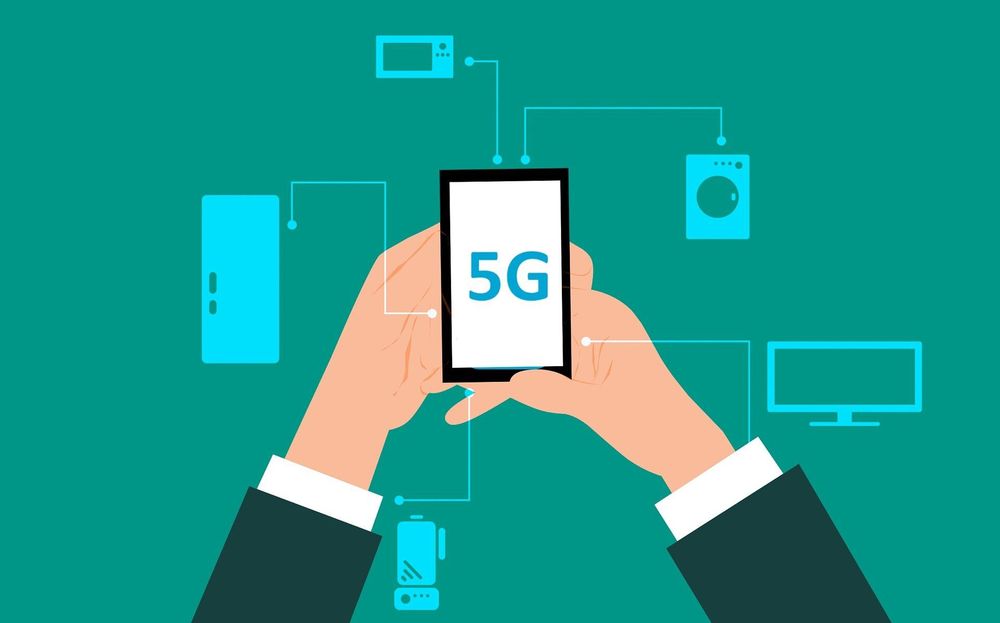Tim Berners-Lee has consistently warned about the threats facing the web he helped create.



Well, Wesley J Smith just did another hit piece against Transhumanism. https://www.nationalreview.com/corner/transhumanism-the-lazy-way-to-human-improvement/
It’s full of his usual horrible attempts to justify his intelligent design roots while trying to tell people he doesn’t have any religious reasons for it. But, then again, what can you expect from something from the National Review.
Sometimes you have to laugh. In “Transhumanism and the Death of Human Exceptionalism,” published in Aero, Peter Clarke quotes criticism I leveled against transhumanism from a piece I wrote entitled, “The Transhumanist Bill of Wrongs” From my piece:
Transhumanism would shatter human exceptionalism. The moral philosophy of the West holds that each human being is possessed of natural rights that adhere solely and merely because we are human. But transhumanists yearn to remake humanity in their own image—including as cyborgs, group personalities residing in the Internet Cloud, or AI-controlled machines.
That requires denigrating natural man as exceptional to justify our substantial deconstruction and redesign. Thus, rather than view human beings as exclusive rights-bearers, the [Transhumanist Bill of Rights] would grant rights to all “sentient entities,” a category that includes both the biological and mechanical.


“Without batteries or other high-cost components,” he continued, “tags have unlimited power and lifespan, so [they] can be embedded inside of products that were previously unconnected to the Internet of Things.”
READ MORE: This Tiny Bluetooth Chip Doesn’t Need a Battery Because It Harvests Energy From the Air [The Verge]
More on the IOT: Everything Is Smart in the Future, Even the Freakin’ Walls.

Undersea cables are the backbone of the internet. Connecting places like the United States to Europe, or France to India, these submarine fiber optic cables permit the world’s web traffic to flow.
One such cable is called Marea. It runs from Virginia Beach in the U.S. to Balboa, Spain. And recently, a company called Infinera announced that it had broken a record for how much data it could send through this cable in a second. It’s a mind-boggling amount. Below, we break down everything you wanted to know about undersea cables and this experimental accomplishment, by the numbers.
That’s the total number of undersea cables in use right now, according to a company called TeleGeography, which conducts telecom market research. Modern cables use fiber optics and lasers to transmit data. Major cables complete key connections like New Jersey and Praia Grande, Brazil, or Australia to Indonesia to Singapore. Take a look at a beautiful, interactive map here.

Holograms. Emotive, life-like digital human beings. Washing machine repairs directed from miles away.
The rollout of 5G wireless networks that will continue throughout 2019 and beyond promises a slew of new smartphones that will hum along much faster than the models they’ll eventually replace. But while zippier handsets compatible with the next generation of wireless are surely welcome, 5G’s potential extends beyond them.
Verizon, and some of the entrepreneurial startups it is working with, recently demonstrated a few of the fresh consumer and business experiences made possible or enhanced by 5G, at its 5G Lab in New York City, one of five such labs around the country.

An award-winning scientist, engineer, and millionaire several times over predicted that by 2029, humans could start living forever.
That’s right. Immortality is almost here.
This ‘futurist’ has been frightening the masses with his predictions for years.
He predicted the collapse of the Soviet Union, described the rise of the Internet, and foretold the year a computer would beat a World chess champion… along with dozens of other predictions that have come true or are being realized today.

The attack threatens users with location-tracking, DoS, fake notifications and more.
Privacy-breaking flaws in the 4G and 5G mobile protocols could allow attackers to intercept calls, send fake amber alerts or other notifications, track location and more, according to a research team from Purdue University and the University of Iowa.
In a paper presented at Mobile World Congress in Barcelona this week, the researchers explained that the issues arise from weaknesses in the cellular paging (broadcast) protocol. They started with the fact that when a mobile device is in its idle, low-power state, it will conserve battery life partly by polling for pending services only periodically.

Thanks to blockchain, internet users have achieved some victories in the fight against China’s strict internet censorship.
A historic moment was made on April 23. Peking University’s former student, Yue Xin, had penned a letter detailing the university’s attempts to hide sexual misconduct. The case involved a student, Gao Yan, who committed suicide in 1998 after a professor sexually assaulted and then harassed her.
The letter was blocked by Chinese social networking websites, but an anonymous user posted it on the Ethereum blockchain.
